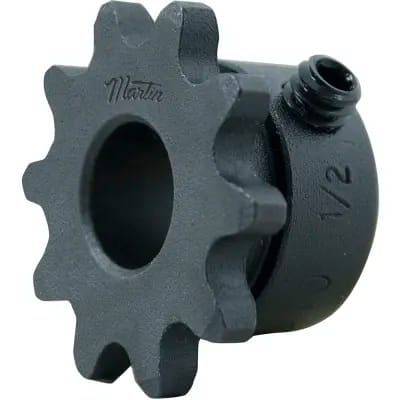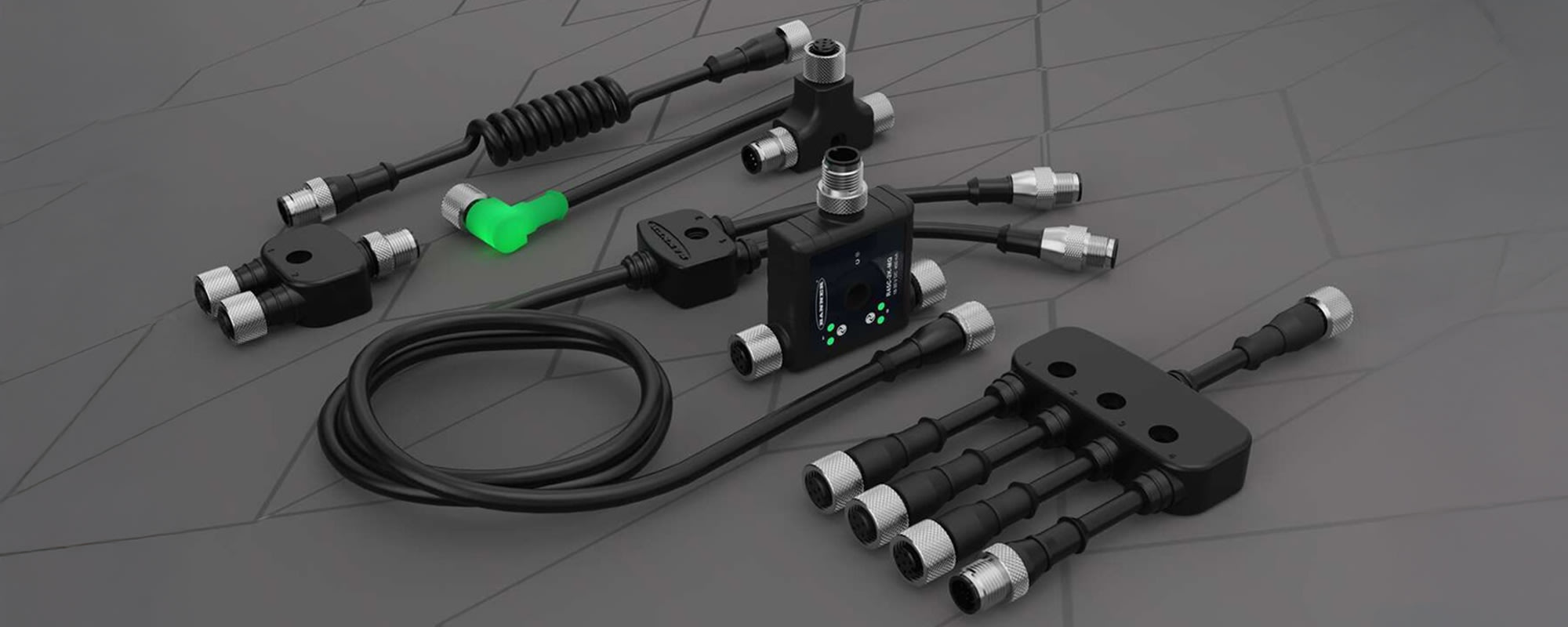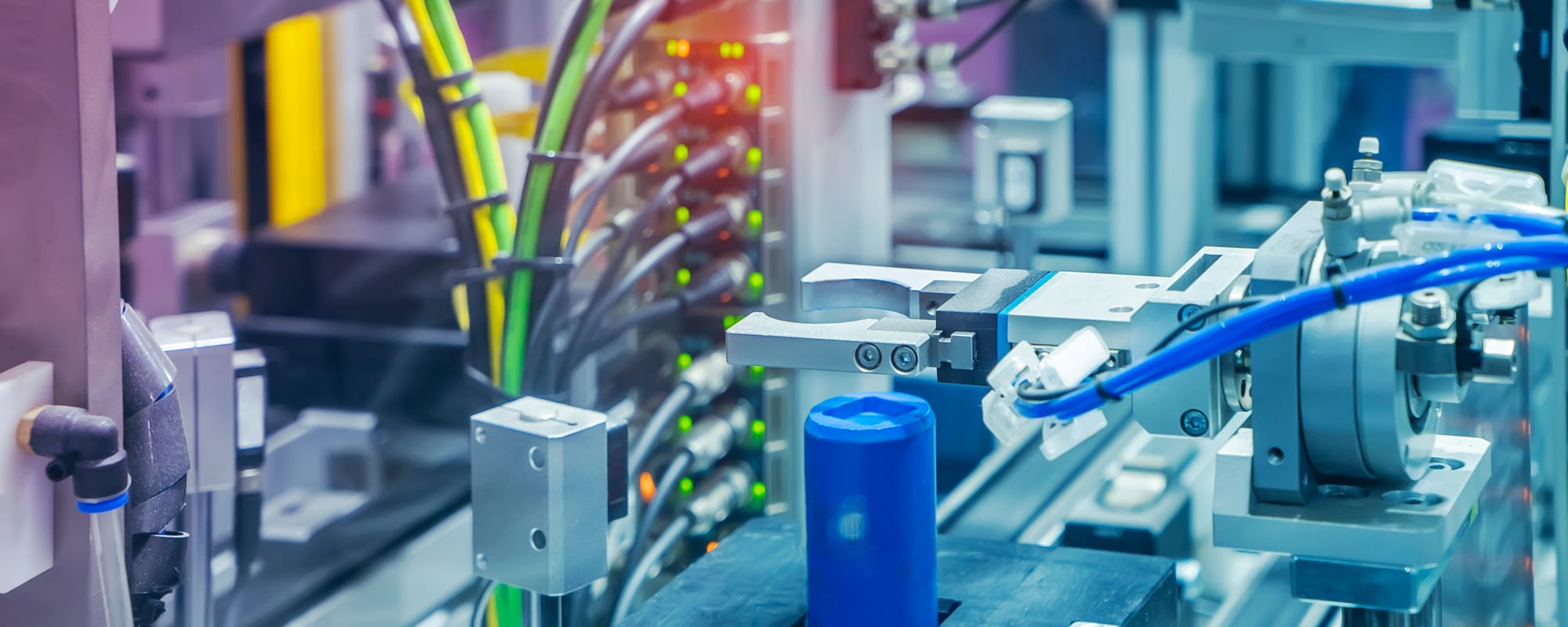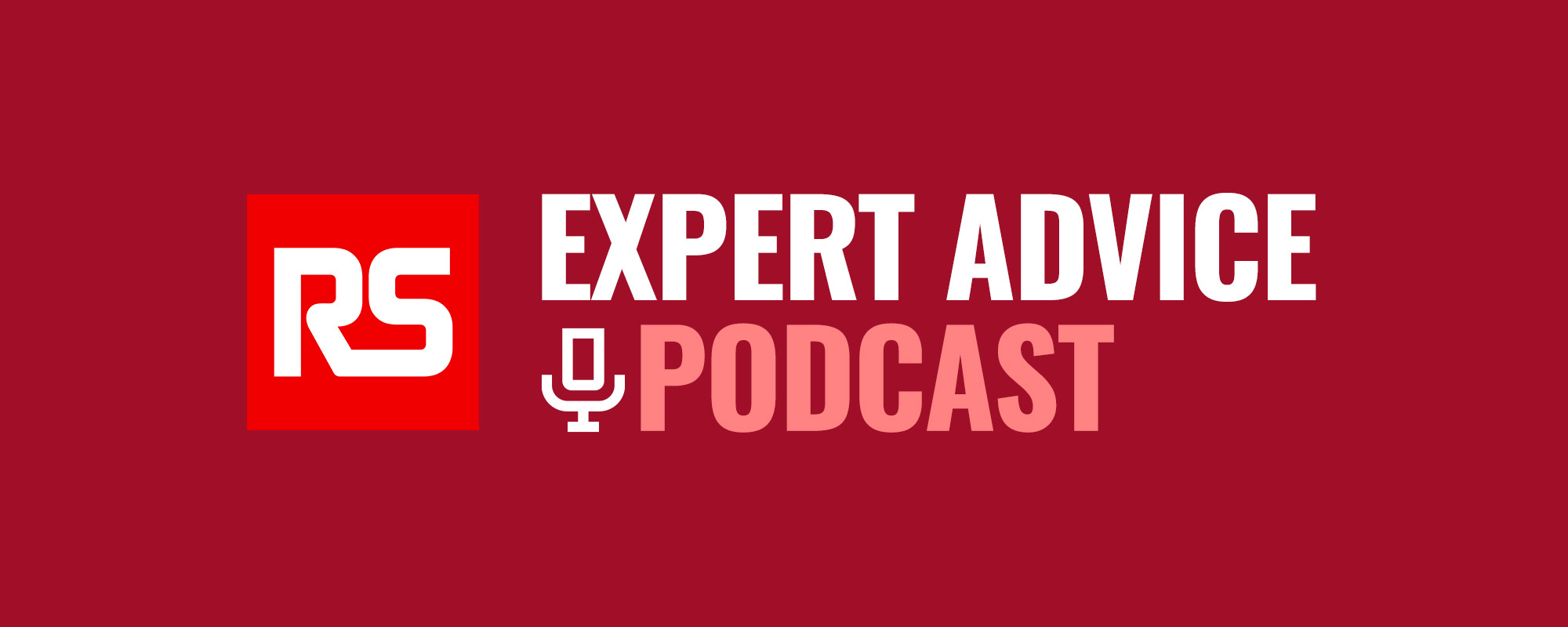As more OEMs embrace Industry 4.0, machine builders are challenged to satisfy customer demands for smarter, more flexible, higher efficiency and performance machines that can help them improve safety, efficiency, and competitiveness — economically. Janine Clunn, Technical Marketing Team Manager at RS, introduces eight product categories essential for building new equipment and retrofitting legacy equipment that fits the bill.
Janine Clunn, Manager, Technical Marketing, RS
Machine building has long been essential to the growth and success of markets ranging from industrial manufacturing and material handling to agriculture, construction, oil and gas, water and wastewater, and transportation. Today, the continued evolution of Industry 4.0 is bolstering the machine building industry, encouraging OEMs to design and build or modernize heavy industrial and manufacturing equipment to satisfy customer demands for smarter, more flexible, and higher efficiency machines.
The global industrial machinery market was valued at more than $523 billion in 2021 and is expected to expand at a CAGR of 9.36% and grow to more than $895 billion by 2027. To remain competitive, machine builders must design equipment that supports a wider variety of product mixes, more rapid and frequent changeovers, IIoT connectivity, remote monitoring, preventative maintenance, and quicker, simpler integration and is also safe, compliant, energy efficient, easy to use, reliable, and scalable. In addition, increasing demands for personalization and miniaturization are challenging builders to produce customized products at price points that rival standard out-of-the-box machines. To control costs, they must harness compact, innovative, and durable automation solutions.
These challenges are present in all of the various manufacturing and heavy equipment markets that machine builders serve, including automotive production, chemical, pharmaceutical, and food and beverage manufacturing, and the HVAC, metals, mining, oil and gas, plastics and rubber, material handling, processing, packaging, agriculture, power, pulp and paper, waste and wastewater, and transportation industries.
To best position yourself to conquer these challenges, get ahead of these trends, and gain a competitive advantage, you need a partner who understands today’s machine building challenges, is well versed in various market demands, and can provide the product solutions you need as well as technical support, procurement services, and inventory solutions.
RS helps machine builders overcome evolving market challenges, satisfy customer demands, control costs, and remain competitive by providing more than 48,000 in-stock products essential for building new equipment and retrofitting legacy equipment to improve modularity, scalability, safety, connectivity, compliance, sustainability, and ease of use. RS can also help you find the right products, modify designs when parts aren’t available, build designs faster and cheaper while maintaining quality and performance, refine designs and specifications during the build phase, save time on administrative tasks related to pricing and BOMs, and get products to market more quickly.
Getting your machines built — and built right — starts with making smart choices about their various parts. The RS portfolio of machine building solutions extends across eight primary product categories: motors, AC drives, sensors, machine guarding and safety, PLCs and HMIs, mechanical power transmission, industrial data communications, and industrial controls and also includes a host of secondary solutions, such as power supplies, motor controls, connectors, relays, wire and cable, tools and hardware, and test and measurement equipment.

Motors and Motor Controls
Motors convert energy into motion and are one of the most essential elements of machine building projects. Electrical motors come in AC and DC varieties optimized for various applications, including gearmotors, stepper motors, servo motors, and linear motors.
Servo motors produce precise rotational motion and are used for motion control applications like industrial robotics and packaging machines. They are compact yet powerful, highly functional, and extremely energy efficient. AC servo motors can handle much higher current surges and are typically used in industrial machinery, while DC servo motors are more commonly found in smaller machinery.
Motor controls help regulate motor performance, like engaging forward or reverse motion, regulating speed and torque, or protecting against electrical failures, and all electric motors have at least one controller, if not more. Motor starters are one of the most common motor controls and are used to start, stop, and reverse electric motors.
Leading motor and motor control suppliers including Omron, Schneider Electric, AMETEK Pittman, and Festo and Siemens, Square D, Schneider Electric, and Industrial Connections & Solutions provide the variety and reliability required for a wide range of machine building applications.

AC Drives
AC drives convert a fixed frequency and voltage to an adjustable frequency and voltage source, allowing you to control the speed, horsepower, and direction of an AC motor. They are defined by the type of AC motor being used (e.g., induction, synchronous, sensorless vector, servo motor, etc.) and are ideal for applications that require precise speeds. AC drives can help prolong the lifespan of your machines and reduce the frequency of parts replacement and are widely employed in machinery designed for power generation, mining, oil and gas, and food and beverage industries, amongst others.
RS stocks a full range of safe and efficient AC drives from leading suppliers including ABB, Schneider Electric, Siemens, and Eaton.

Sensors
Today’s highly automated and connected machines rely on a wide variety of sensors, including vision sensors and photoelectric sensors. Vision sensors use cameras to determine the presence, appearance, orientation, and completion of your parts or assemblies and are essential for quality control. Photoelectric sensors measure the distance to or presence of an object using a light beam and a receiver. They are especially useful for assessing bottle fill levels in food and beverage manufacturing and pill counts in pharmaceutical manufacturing and can also be used to detect when parts that require manual labor arrive at an assembly station and stop the conveyor belt to enable that work, which is common in the hyper-automated automotive manufacturing industry.
Leading suppliers of vision sensors include SICK, Balluff, Banner Engineering, and Omron Automation, while leading suppliers of photoelectric sensors include Banner Engineering, TURCK, Pepperl+Fuchs Factory Automation, and IFM Efector.

Machine Guarding and Safety
Machine guarding and safety solutions are vital for ensuring the protection of both personnel and machinery. Machine guarding solutions can generally be split into three categories: point of operations guarding, fixed perimeter guarding, and safety devices. The first two usually consist of physical guards or barriers designed to protect people from the point of operation, power transmission equipment, and moving parts. Safety devices are tied into a machine’s control unit and used to stop or alter its operation when triggered and include safety relays, cable pull switches, emergency stop buttons, laser scanners, and solenoid interlock switches.
Suppliers such as Banner Engineering, Omron STI, SICK, and Pilz produce a wide range of reliable machine guarding products that help keep people and equipment safe.
PLCs and HMIs
PLCs communicate, monitor, and control automated processes like assembly lines or robotic devices. They serve as the physical interface between equipment and devices on factory floors and HMIs and are easy to program and operate.
HMIs are typically programmable touchscreen devices that communicate with PLCs. They collect and communicate system data to operators, enabling them to monitor and control certain machine functions.
Leading suppliers including Red Lion Controls, Siemens, Maple Systems, IDEC Corporation, Schneider Electric, Opto 22, Siemens, and Omron Automation offer a wide range of PLCs and HMIs.

Mechanical Power Transmission
Industrial power transmission components like bearings, belts, and sprockets are small but fundamental elements of machine designs. Bearings reduce friction, carry loads, and guide moving parts and are generally easy to install, easy to maintain, and provide a long lifespan at a low cost. Belt drives are flexible and easy to operate and are typically quieter and more efficient than chain or gear drives, and sprockets are designed to help chains or belts move and are built to last.
Leading suppliers of reliable mechanical power transmission components include Martin Sprocket & Gear, SKF, Gates, and PBC Linear.

Industrial Data Communication
Industrial data communications products, including Ethernet switches, IoT edge gateways, media converters, protocol converters, routers, and wireless communication devices, are essential elements of today’s connected equipment and, unlike commercial versions, are engineered to withstand harsh industrial environments.
Leading suppliers of industrial data communications products include Phoenix Contact, Moxa, Red Lion Controls, and Hirschmann.

Industrial Controls
Industrial robots are advanced industrial controls designed to automate operations and improve safety and efficiency and are widely used for executing dangerous or repetitive tasks and, increasingly, to achieve fully automated production facilities. Collaborative robots (cobots) are smaller versions designed to work alongside human operators within a defined space.
Leading suppliers include ABB, Omron Automation, and Niryo, and you can learn more about cobots here.
Sourcing Machine Building Solutions to Suit Your Needs
RS offers an extensive range of trusted and proven machine building solutions from industry-leading suppliers, including Omron, ABB, SICK, Siemens, Banner Engineering, Red Lion Controls, Siemens, Phoenix Contact, and Eaton, as well as the technical expertise and value-added services needed to solve complex design challenges and save time and money.
Our vast selection of machine building solutions includes more than 48,000 in-stock and ready-to-ship solutions that can help machine builders overcome current market challenges, control costs, and remain competitive. Essential solutions include motors, AC drives, sensors, machine guarding and safety solutions, PLCs, HMIs, mechanical power transmission equipment, industrial data communication products, and industrial controls. Supporting solutions include power supplies, connectors, relays, wire, cable, and cable assemblies, tools and hardware, and test and measurement equipment.

We also provide technical support, procurement services, and inventory solutions that can help machine builders embrace Industry 4.0 and IIoT technologies, find the right products, modify designs when parts aren’t available, build designs faster and cheaper while maintaining quality and performance, refine designs and specifications during the build phase, save time on administrative tasks related to pricing and BOMs, and get products to market more quickly.
For assistance identifying, procuring, deploying machine building solutions optimized to overcome your unique challenges and achieve your goals, please contact your local RS representative at 1.866.433.5722 or reach out to our technical product support team.







